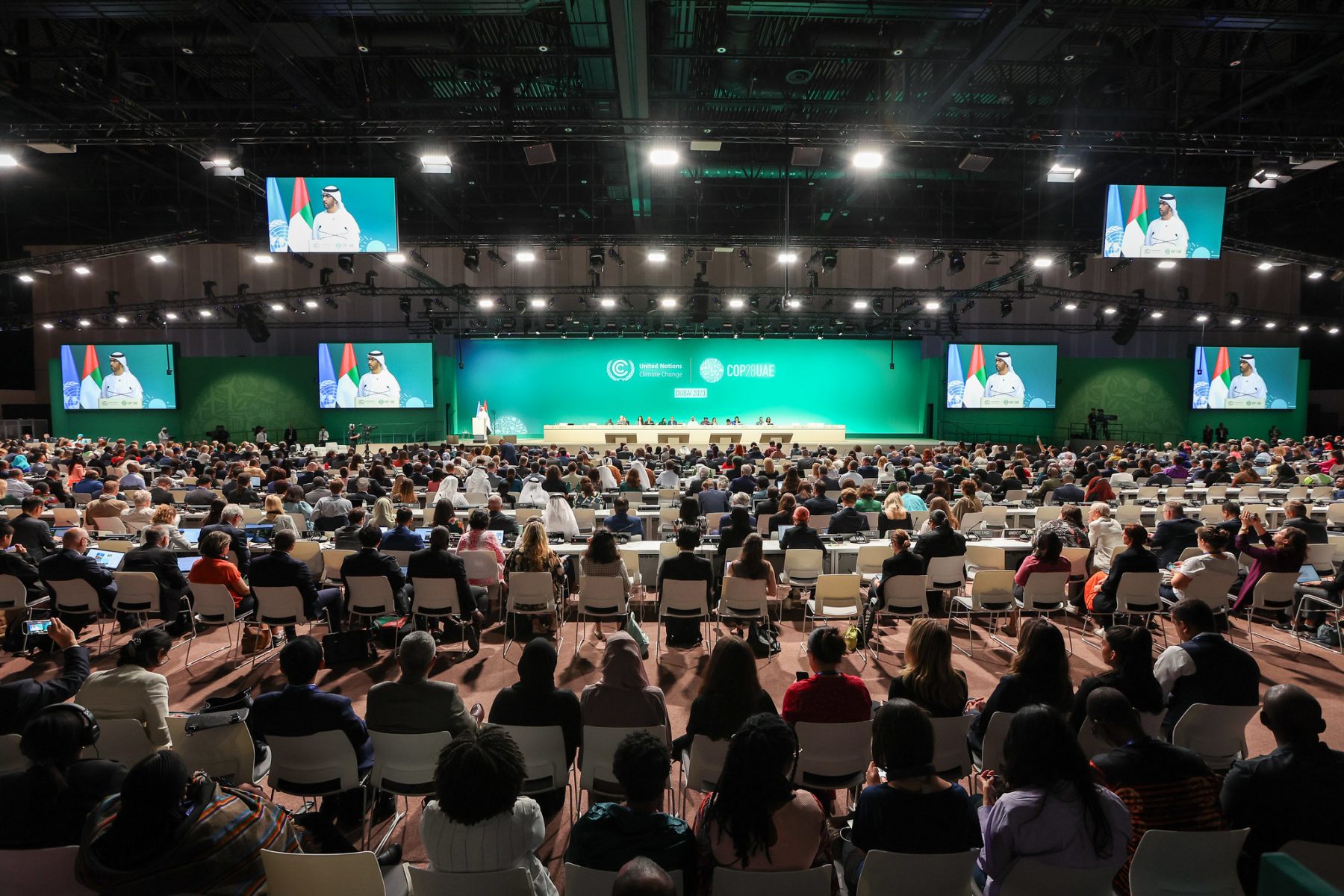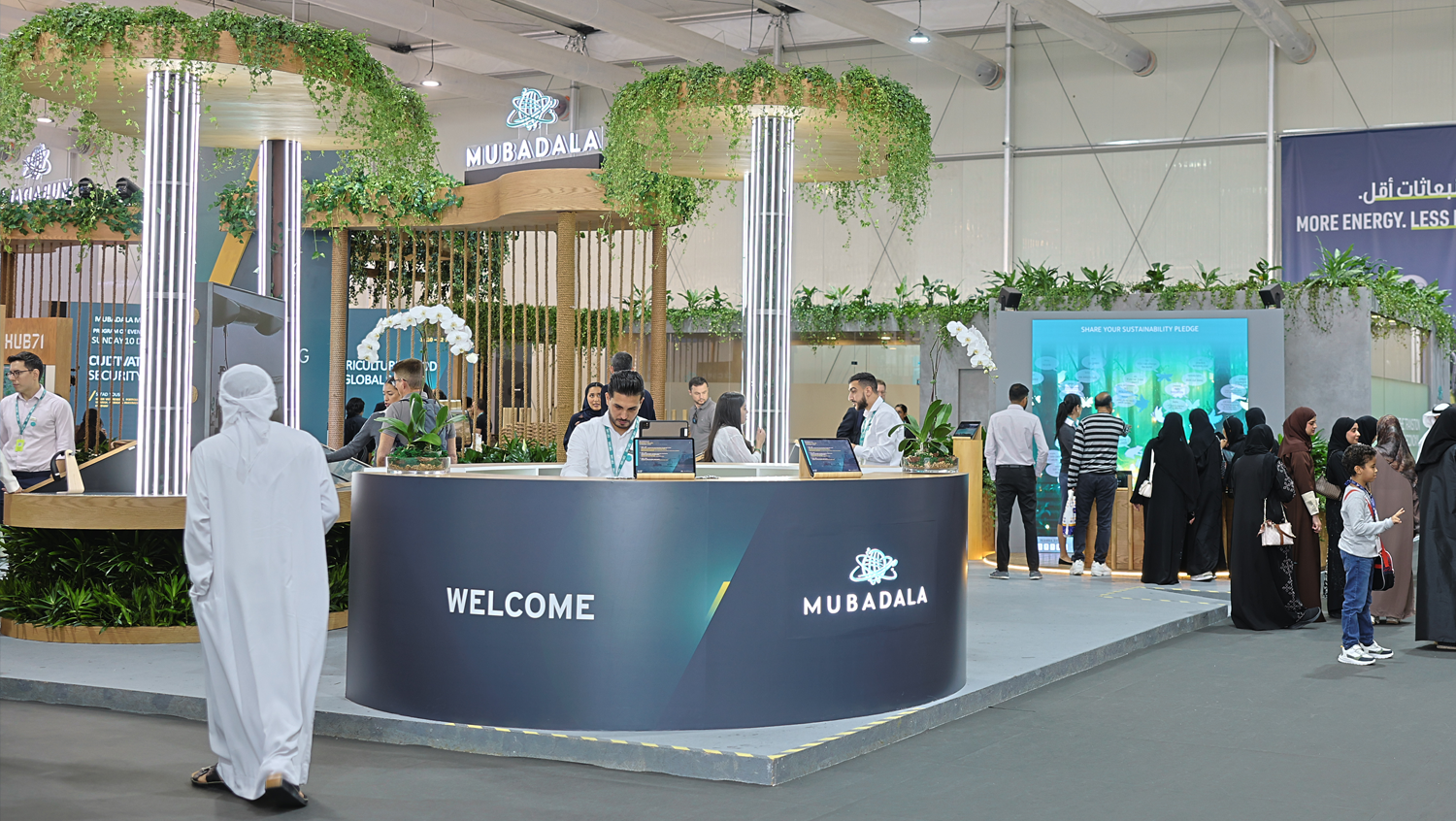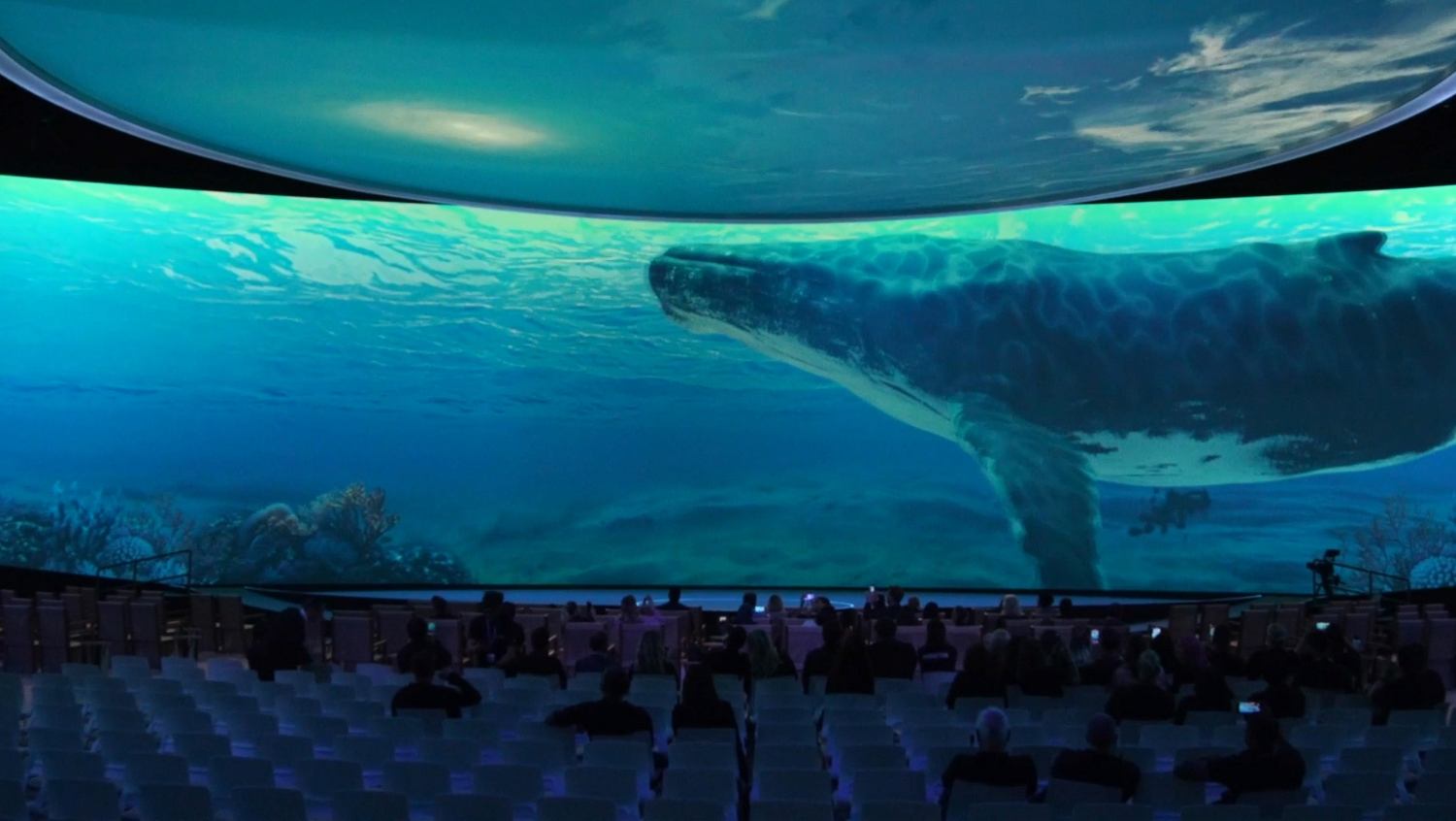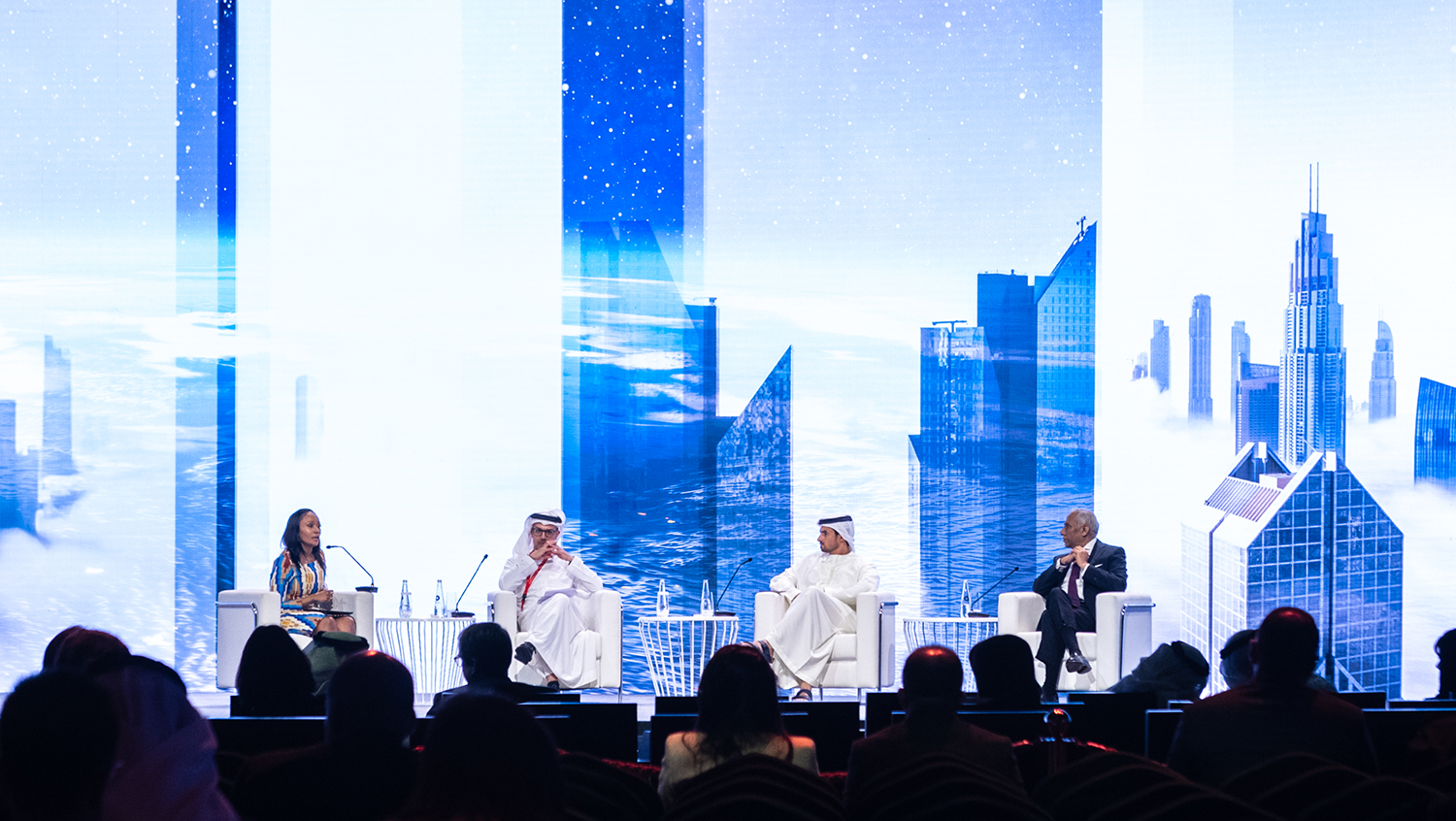Trailblazing Sustainability in the Events Industry
Identity is strongly committed to sustainability and to leading the way in delivering exemplary, world-class sustainable events through managing environmental, social and economic performance in the execution of our projects. Identity recognise that our activities can have both positive and negative impacts and we have developed best practices to minimise the negative and improve the positive effects. Identity continues to dedicate and deliver on the commitments we have made to create a more sustainable future, integrating solutions in circular design across all areas of our projects, ensuring that we make a real difference every time, which is robustly monitored and measured to ensure continual improvement.
We have standardised internal sustainability goals and are working to develop frameworks that inform each and every project we work on. Insights and learnings derived from delivering our events informs Identity’s ongoing working practices, helping to reinforce best practice within the wider UK events industry through our membership of isla – a non-profit, cross-sector event industry initiative, which aims to accelerate the transition to a sustainable, climate-neutral future.
Our social and ethical principles are derived from the UN Global Compact. Identity is a member of the Sustainable Event Alliance and is a signatory to the UN Climate Neutral Now declaration.
We are hopeful that delivering a fully certified, sustainable event will soon be a minimum requirement. For the last 10 years, Identity has focused on sustainability and reducing carbon emissions, not just during our live events, but imbedding sustainability into our company culture, impacting everything we do. Our offices, infrastructure, suppliers, equipment, venues – even our commutes to work – all consider sustainability . We proactively encourage the use of public transport and bicycling to and from the office. The Identity company car fleet consists solely of vehicles from the fully electric Kia e-Niro and the Kia Niro Plug-in Hybrid (PHEV) range.
Identity is working towards a net carbon zero approach by 2030 and we are signed up to the Science-Based Targets initiative to ensure robust metrics inform this approach.
Identity Event Sustainability Checklist
- Green venues
We aim to work with venues with solid sustainability accreditation credentials and robust onsite waste management, low-energy bulbs, trained staff and legacy projects in place. Where this is not available, we proactively support venues to help them become more aware of what they can do to reduce their impact on the environment. - Supply chain
We work in partnership with our clients and suppliers to ensure that we deliver projects that are sustainable. We require all delivery teams and suppliers to commit to our openly communicated sustainability objectives and commitments that minimise environmental impact. By incorporating social, environmental and economic considerations into our purchasing decisions we aim to make a positive contribution to the environment and society. We have developed operating principles to ensure we and our suppliers act in a responsible manner. - Materials
We actively reduce consumption of materials in our operations with an emphasis on reuse rather than disposal. We are proactively collaborating with our supply chain to explore single-use plastics alternatives and are striving for 0% avoidable single-use plastics (which the EU is banning on July 3, 2021). We ensure that materials used come from sustainable sources and have any applicable certification. We will raise project life cycle awareness – reusing rather than disposing of materials, wherever possible – actively promote recycling and the use of recycled materials. Our design solutions embrace standard sizes of structure, staging, carpet, walling, screens and other features, enabling the hire of multiple-use items. 100% of products and materials not returned to rental stock will have a clearly defined reuse or recycling route. - Digital first
Traditional event collateral, such as vinyl banners and signage, are not easily recyclable. Printed materials, such as brochures and other literature, also have a considerable impact on the environment. We proactively pursue digital alternatives in the delivery of live events, including digital signage, mobile apps and LED screens, which reduce the need for posters, programmes and wayfinding. The innovative use of 3D mapping, projection and energy efficient lighting creates an experience that is both immersive and sustainable. Digital first solutions are also inherently measurable, providing important insights and metrics to demonstrate ROI. - Food waste
Food waste is a huge but often overlooked environmental concern, particularly at major events. At the 2018 FIFA World Cup in Russia, food and beverage accounted for the second biggest portion of greenhouse gas emissions (after travel and accommodation), generating 105,695 tonnes of CO2e, the equivalent of burning 53m kilograms of coal. Food waste sent to landfill contributes to the release of methane gas. Then there’s all the energy and water it takes to grow, harvest, transport and package food. Efficient organisation can dramatically reduce food waste. Opting for plated menus instead of buffets and considering under-catering by 10-20% (depending on the type of event) are both effective ways that food wastage can be reduced and minimised. - Travel and vehicles
We use vehicles with optimal fuel economy, minimal emissions, under 5 years old. We identify local suppliers and crew to reduce travel from the rest of the UK. Where possible, we partner with a single transport provider to ensure efficiency in scheduling and use of vehicles – multiple loads, maximum capacity and minimum distances. We identify local suppliers and crew to deliver elements of the project to reduce transport activity and minimise emissions. We prioritise the use of transport consolidation centres, with electric vehicles where possible. - Waste management
It all starts with good design. Identity’s creative event solutions embrace standard sizes of structure, staging, carpet, walling, screens and other features, enabling the hire of multiple-use items. 100% of products and materials not returned to rental stock will have a clearly defined reuse or recycling route. Our design for derig processes ensures that there is time within the schedule to disassemble items safely and to ensure that they are in good condition for reuse. - Sustainable event design
The environmental cost of travelling to attend conferences, particularly overseas, is increasingly difficult to ignore. Further, the option to attend an event virtually is something that has become part of the ‘new normal’ within the COVID-19 landscape. Even with the exciting and welcome return of in-person events, Identity will continue to offer virtual and hybrid options, recommending the event format that will best meet the desired outcome with the lowest carbon footprint.
Measurement & Reporting
We believe that true sustainability of an event can only be achieved from post-event measurement on emissions and impact on environment . Indeed, this is the largest area for improvement across our industry. In the execution of live event delivery, Identity applies the principles behind the ‘measurement and monitoring’ element of ISO 20121 to the design, planning, delivery and close-down phases. We use customised carbon and sustainability monitoring software to provide robust and reliable reporting, adhering to Global Reporting Initiative (GRI) standards wherever relevant.
Conclusion
Holistically, our approach informs a drive to continuously improve our performance and that of our suppliers, helping us to continually update and evaluate our performance against our published targets, including the carbon baseline for each project, highlighting the areas where opportunities for sustainability and environmental responsibility can be maximised. We are committed to embracing every possible route to achieving a sustainably responsible outcome in the delivery of live events, both at Identity and across our industry.








